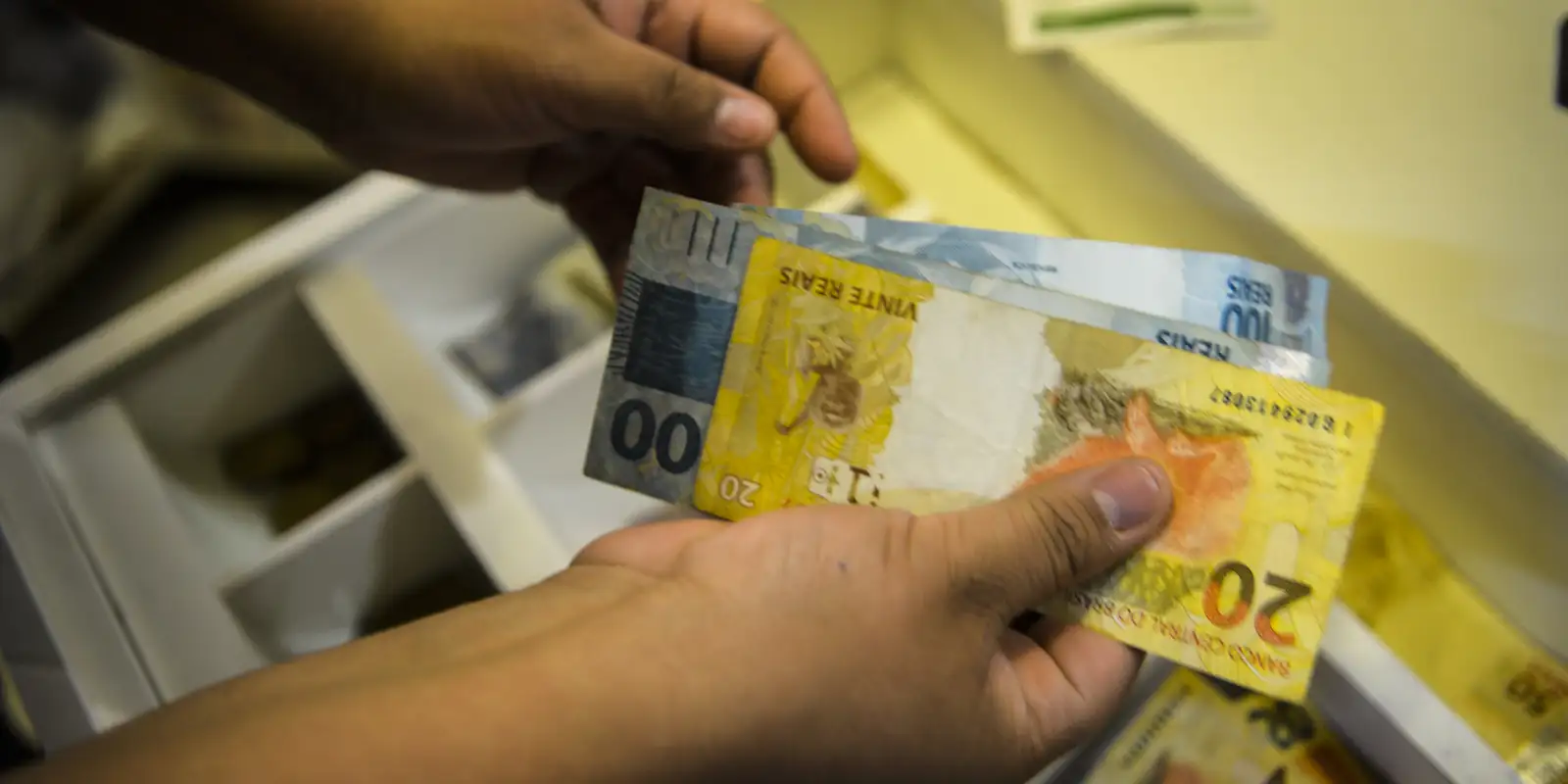The National Consumer Price Index (INPC) for December was 0.48%, making it end at 4.77% in 2024. The inflation index is used to calculate the annual salary adjustment for various categories of workers.
The result was released this Friday (10), in Rio de Janeiro, by the Brazilian Institute of Geography and Statistics (IBGE). In 2023, the index was 3.71%.
The 2024 INPC was mainly driven by the food and beverage group, which accumulated an increase of 7.60% in 12 months, representing an impact of 1.83 pp (percentage point) on the year’s rate. The second biggest impact came from the transport group, which rose 3.77% (0.74 pp)
IBGE also reported that the Broad National Consumer Price Index (IPCA) – considered the country’s official inflation – closed 2024 at 4.83%, above the maximum limit of the government’s inflation target.
Differences
INPC and IPCA calculate the cost of living for families in Belém, Fortaleza, Recife, Salvador, Belo Horizonte, Vitória, Rio de Janeiro, São Paulo, Curitiba, Porto Alegre, Distrito Federal, Goiânia, Campo Grande, Rio Branco, São Luís and Aracaju.
The difference between them is that the IPCA takes into account families with incomes between one and 40 minimum wages; and INPC only up to five minimum wages.
The weight of products and services is also different. In the INPC, food and beverages have more weight than in the IPCA. In other words, IBGE has data that show that poorer families spend proportionally more on food than richer ones. The opposite happens with airline tickets and health plans, for example.
Many workers’ unions choose the INPC as the annual adjustment calculation index. The minimum wage also takes the INPC into account in the adjustment formula, however, it follows the accumulated result for the 12 months ending in November (4.84%), so that the new salary can be defined by the government at the end of December to come into effect in January.
Understand the different inflation indices here.















